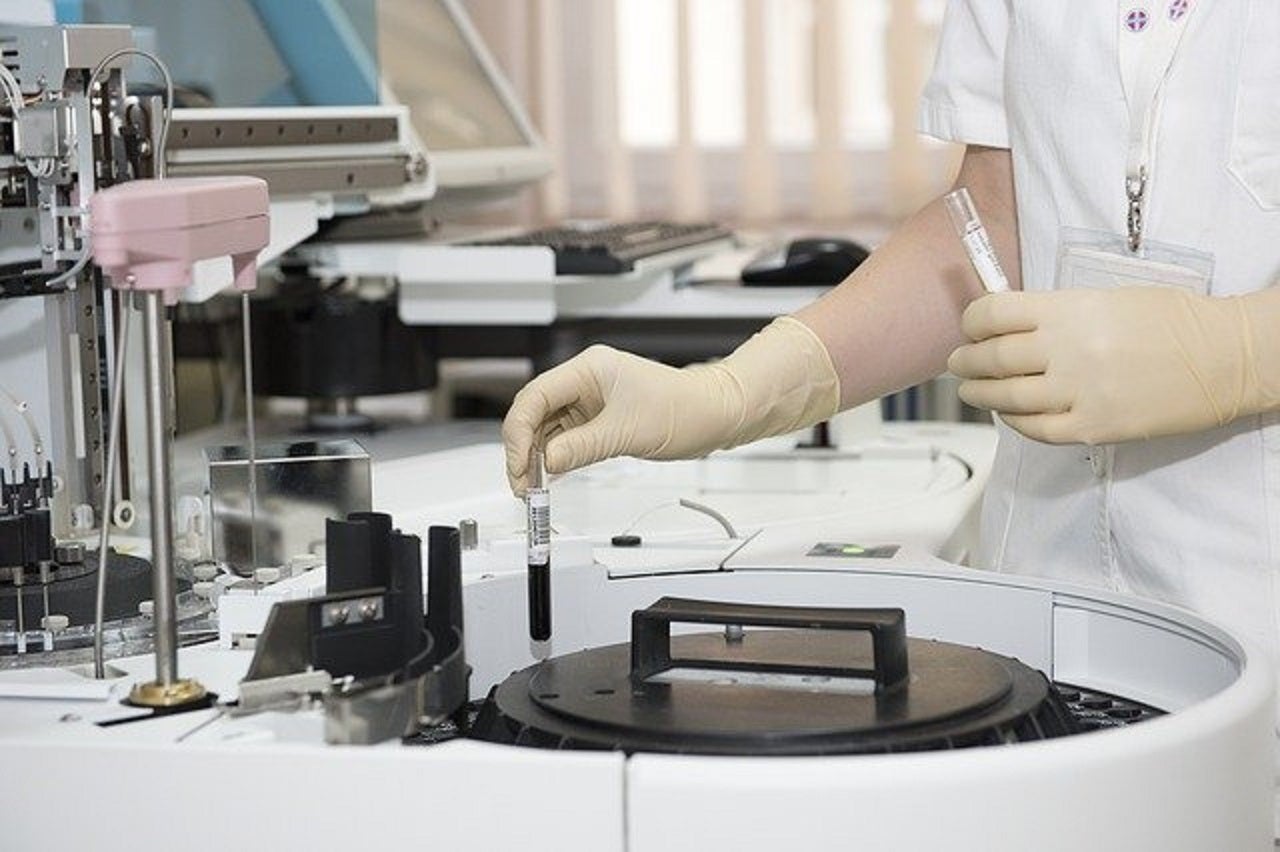
Yale School of Medicine has announced a randomised clinical trial led by the Yale Cardiovascular Research Group (YCRG) to study a therapy combination to reduce complications in Covid-19 patients.
YCRG director and medicine professor Alexandra Lansky is leading the COLSTAT clinical trial (Colchicine/Statin for the Prevention of COVID-19 Complications).

Discover B2B Marketing That Performs
Combine business intelligence and editorial excellence to reach engaged professionals across 36 leading media platforms.
The trial will combine two broadly available medications, colchicine and rosuvastatin, to help reduce complications in Covid-19 infected patients.
For the study, a total of 466 patients will be enrolled across five different Yale New Haven Hospital sites for identifying a potential treatment for Covid-19.
Both medications have been used for decades and do not have adverse effects on patients infected with Covid-19.
Yale noted that the pandemic had sent shockwaves all over the global healthcare community, creating an urgent requirement for potential therapies to help infected patients.

US Tariffs are shifting - will you react or anticipate?
Don’t let policy changes catch you off guard. Stay proactive with real-time data and expert analysis.
By GlobalDataLansky and Tayyab Shah, a resident at Yale New Haven Hospital, have developed an idea to combine colchicine with the cholesterol-lowering medication rosuvastatin.
This was developed depending on an early report from the University of Athens published on 24 June stating the clinical benefit of colchicine.
Colchicine, an anti-inflammatory drug used to treat gout, inhibits the protein-coding genes on a molecular level and has the potential to reduce the SARS-CoV-2-induced inflammatory response.
Meanwhile, statins have direct anti-inflammatory effects by reducing chemokine or signalling proteins and adhesion molecules and preventing the hyperactivation of T-cells.
By combining the two with standard care, colchicine and rosuvastatin could reduce complications associated with acute respiratory distress syndrome (ARDS) and myocardial injury or heart attack.
Alexandra Lansky said: “Everyone has come together and stepped up to the task of setting new standards, with enthusiasm and excitement to be part of a common mission to help win the battle against Covid-19.”





